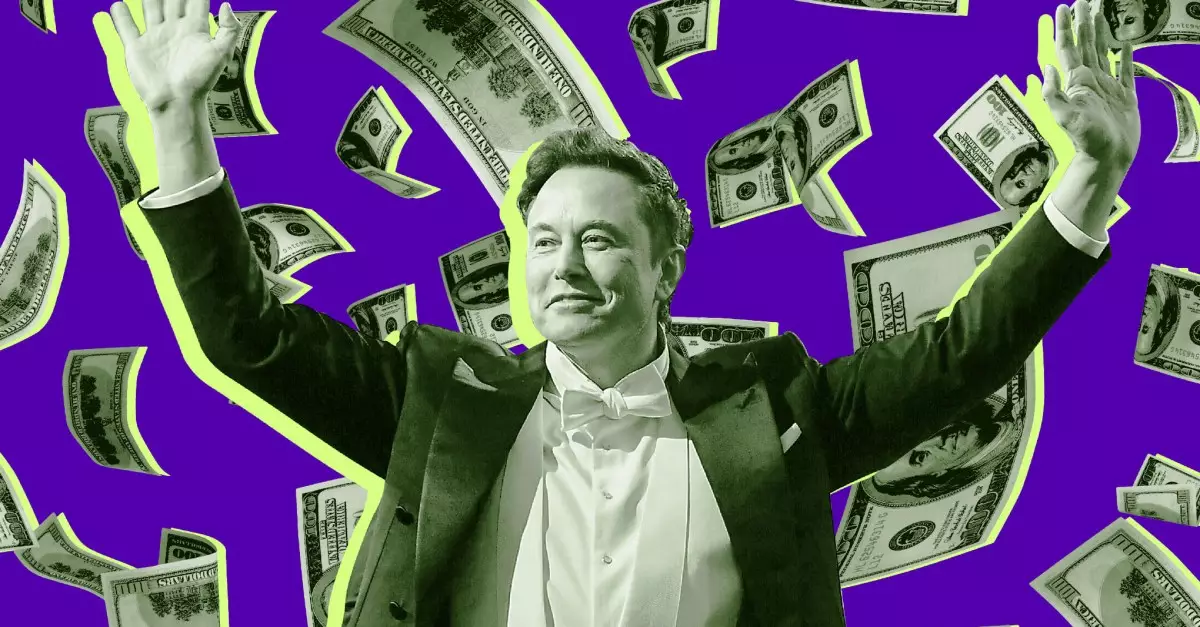In the high-stakes world of artificial intelligence, Silicon Valley has become the battleground for intense rivalries that not only shape the future of the industry but also influence the very fabric of technology as we know it. Recently, the competition has reached a fever pitch with Elon Musk’s audacious $97.4 billion bid to acquire the nonprofit arm of OpenAI. As reported by The Wall Street Journal, this momentous offer, which Musk presented on a recent Monday morning, is backed by a formidable collection of allies, including his own AI venture, xAI, along with influential figures from the investment world and Hollywood.
OpenAI stands at a crucial juncture in its journey. As the CEO, Sam Altman is maneuvering through a series of transformative initiatives that include a transition into a for-profit entity and ambitious funding goals pegged at $40 billion, all while managing a staggering $340 billion valuation. Amidst these ventures, Musk’s growing involvement cannot be dismissed lightly. Once a co-founder of OpenAI, Musk feels impelled to intervene, citing concerns over the organization’s departure from its foundational mission of safe and open AI development. This is more than a mere financial investment for Musk; it’s a personal crusade to redirect OpenAI back towards a path he believes will ensure the responsible evolution of AI technologies.
A Complex Landscape
The bid from Musk further complicates OpenAI’s trajectory, especially concerning its planned transition to a for-profit model. Musk’s proposal includes the stipulation that his team will match or exceed any competing offers, intensifying the already challenging negotiations involving major players like Microsoft. These unfolding dynamics present a precarious landscape for Altman and his team, as they must delicately balance the interests of multiple stakeholders while attempting to realize their vision for OpenAI’s future.
Musk’s announcement also raises substantial ethical questions about the future governance of AI development. As AI technologies advance, marketplace dynamics—balancing profit motives against public good—grow increasingly intricate. The tug-of-war between maintaining transparency versus securing investment capital is at the forefront of these discussions. Musk’s assertion that OpenAI must return to its origins as an open-source, safety-oriented organization echoes a broader conversation about accountability and ethical standards in tech development.
As the saga unfolds in Silicon Valley, the implications of Musk’s bid will reverberate widely within the tech community and beyond. The stakes are high, with the potential to reshape the landscape of AI development for years to come. It remains to be seen how this fierce rivalry will evolve and whether Musk can indeed steer OpenAI back to its foundational principles. Whatever the outcome, one thing is clear: the battle for the future of AI is just beginning, and it will be a spectacle to watch.


Leave a Reply